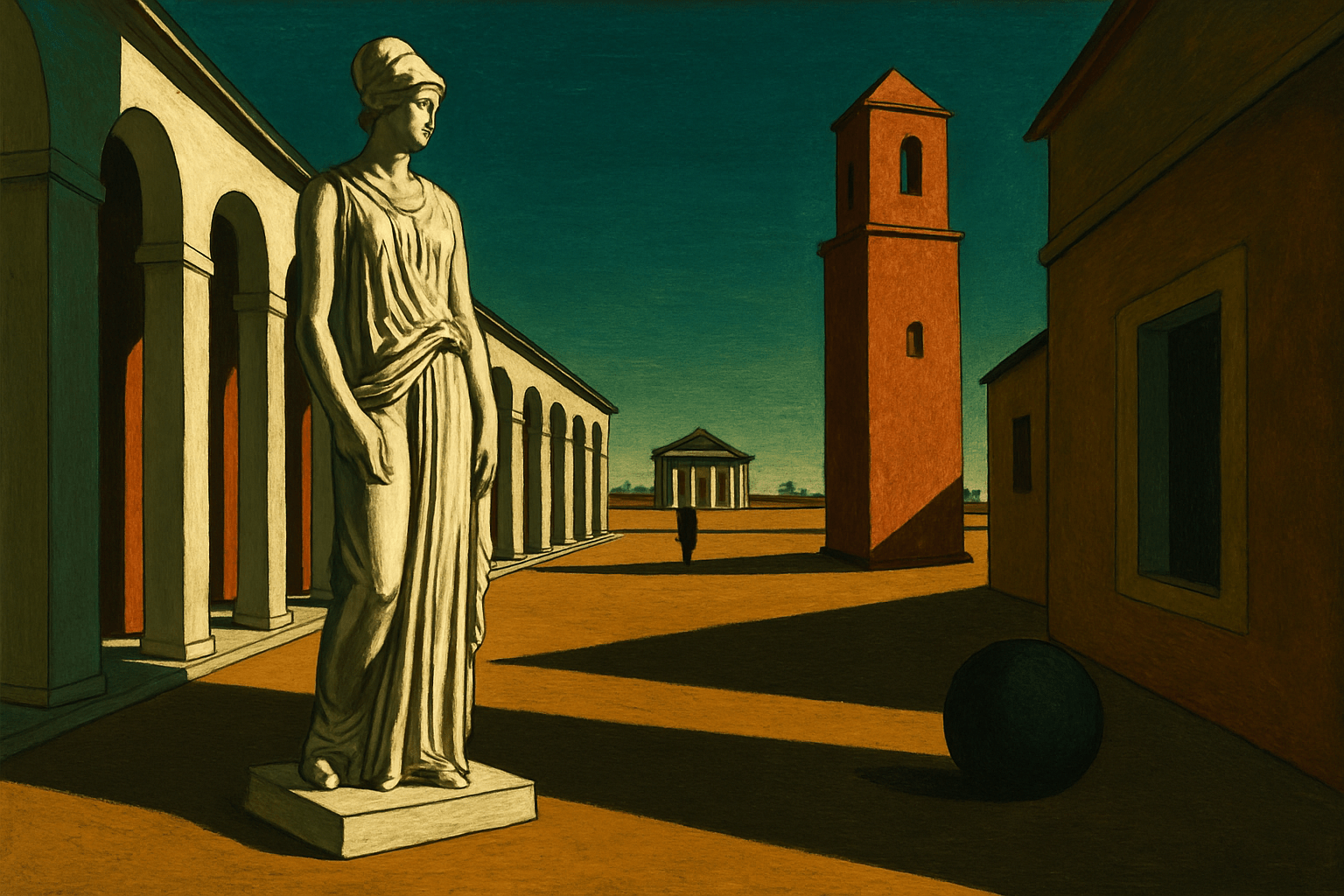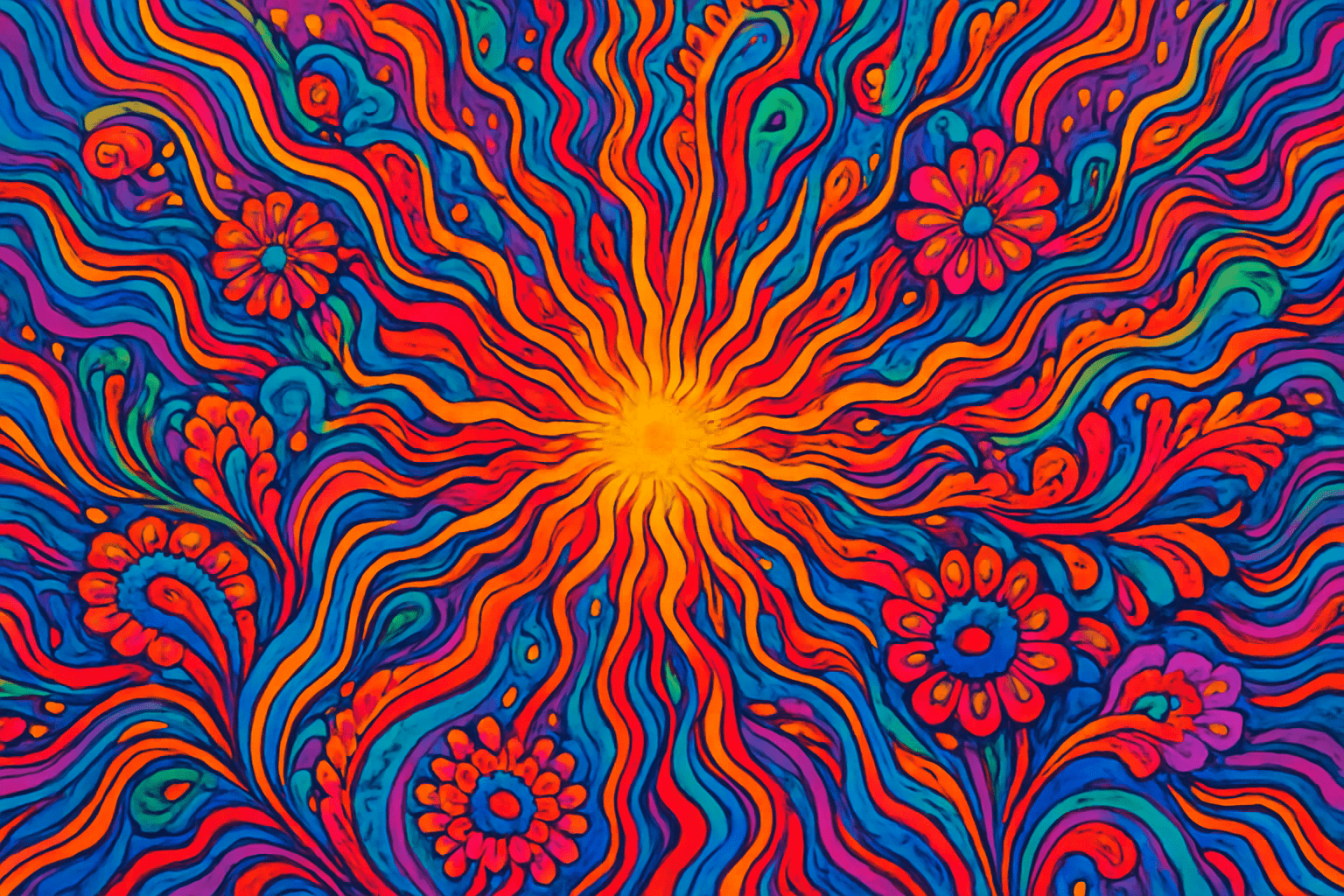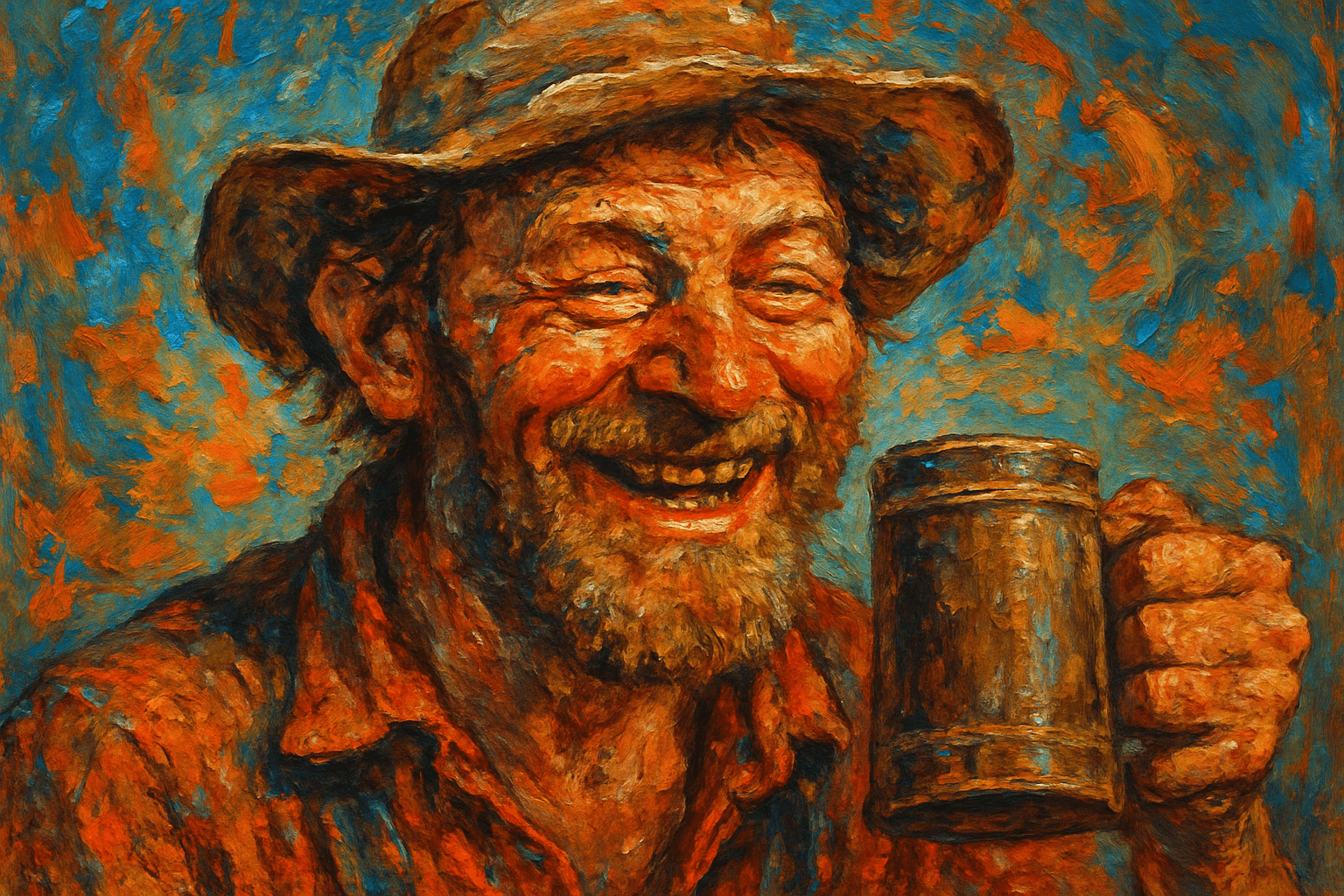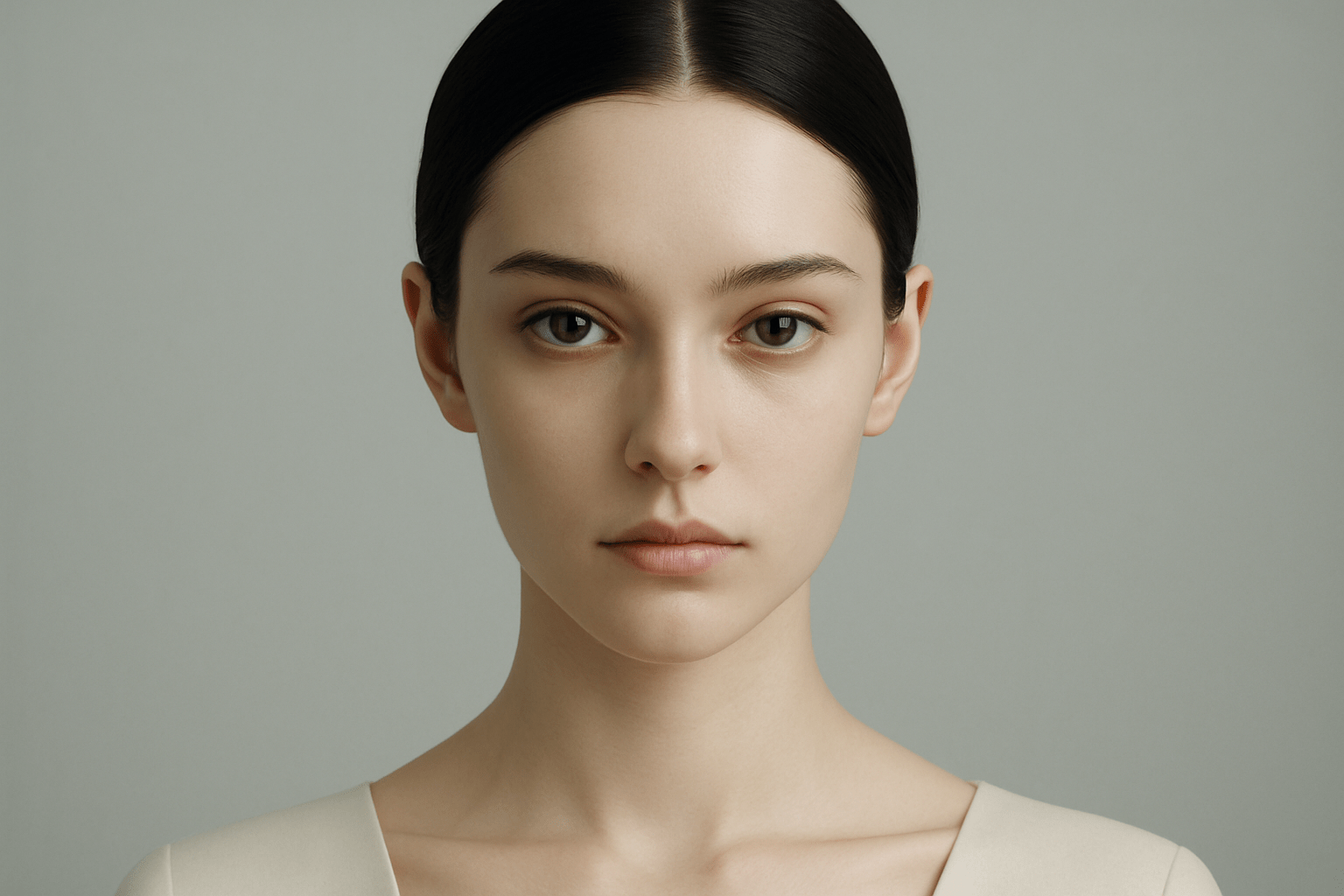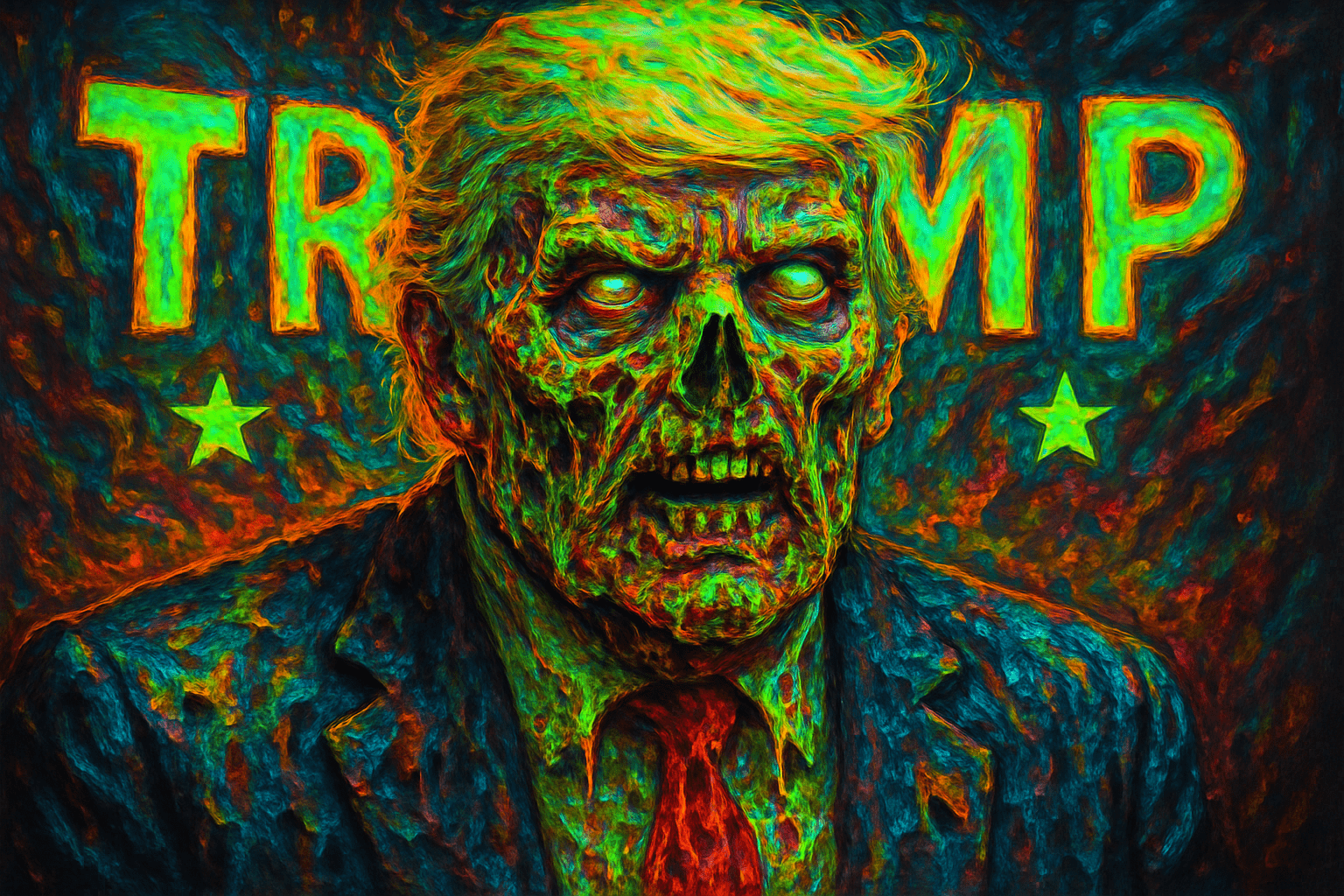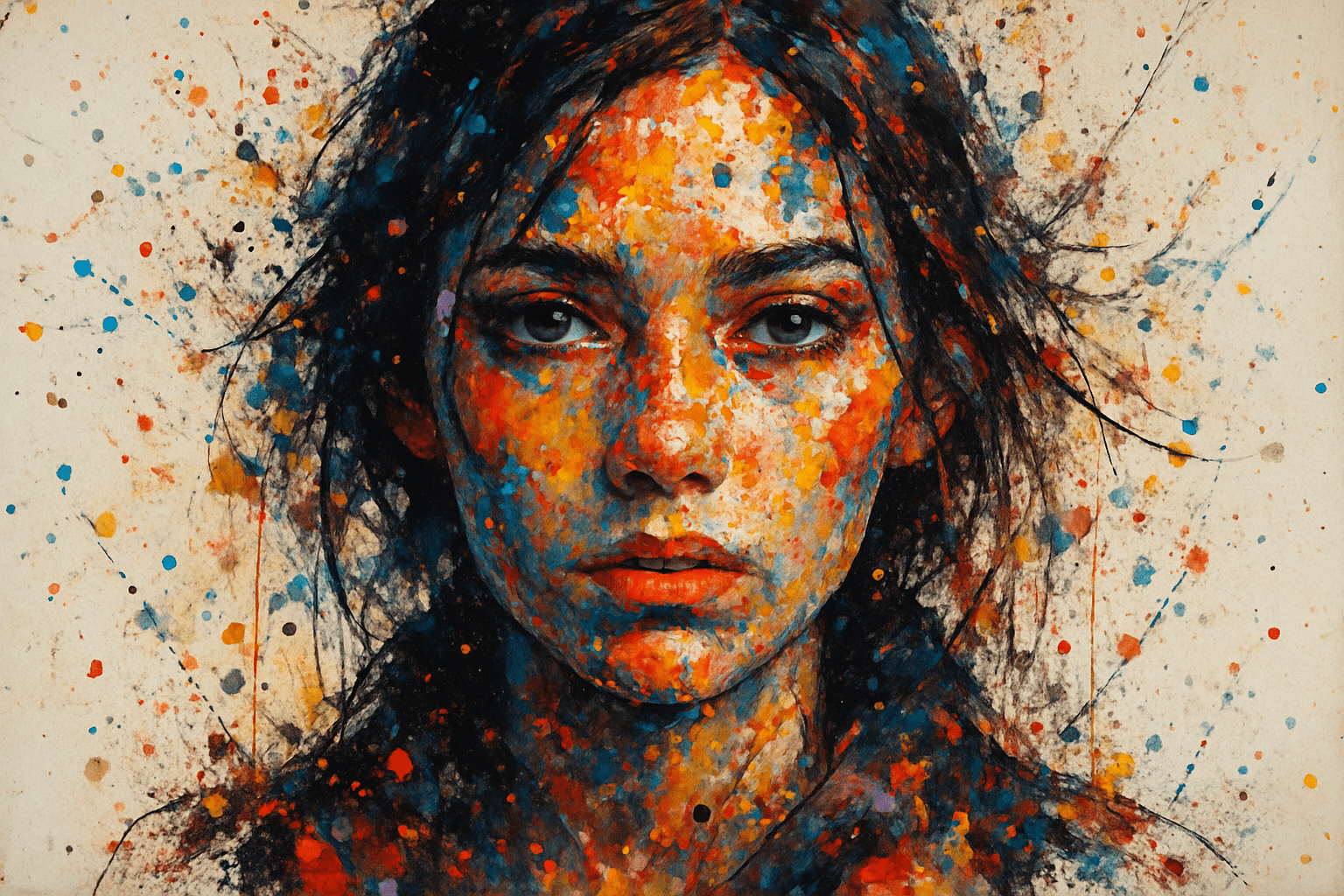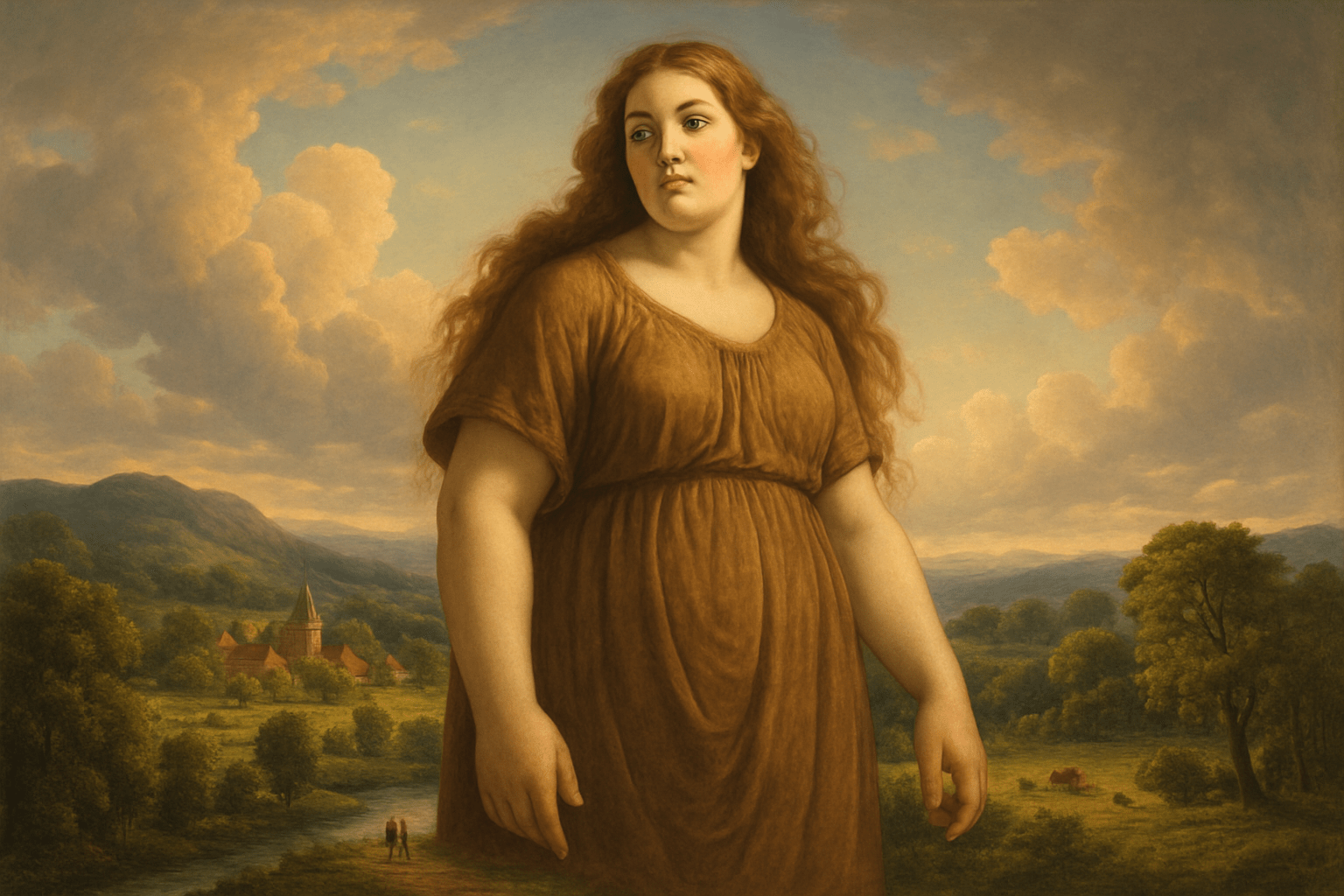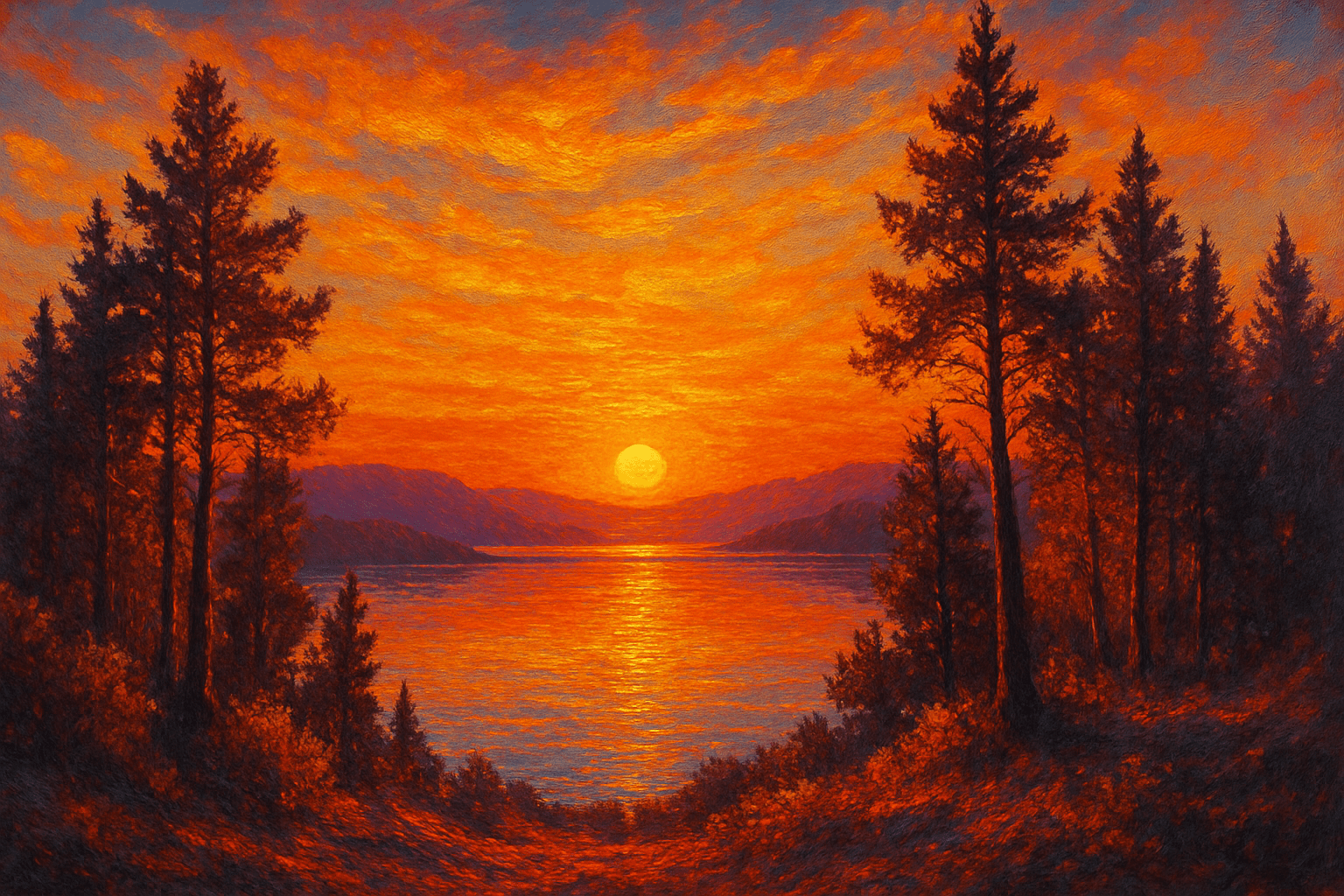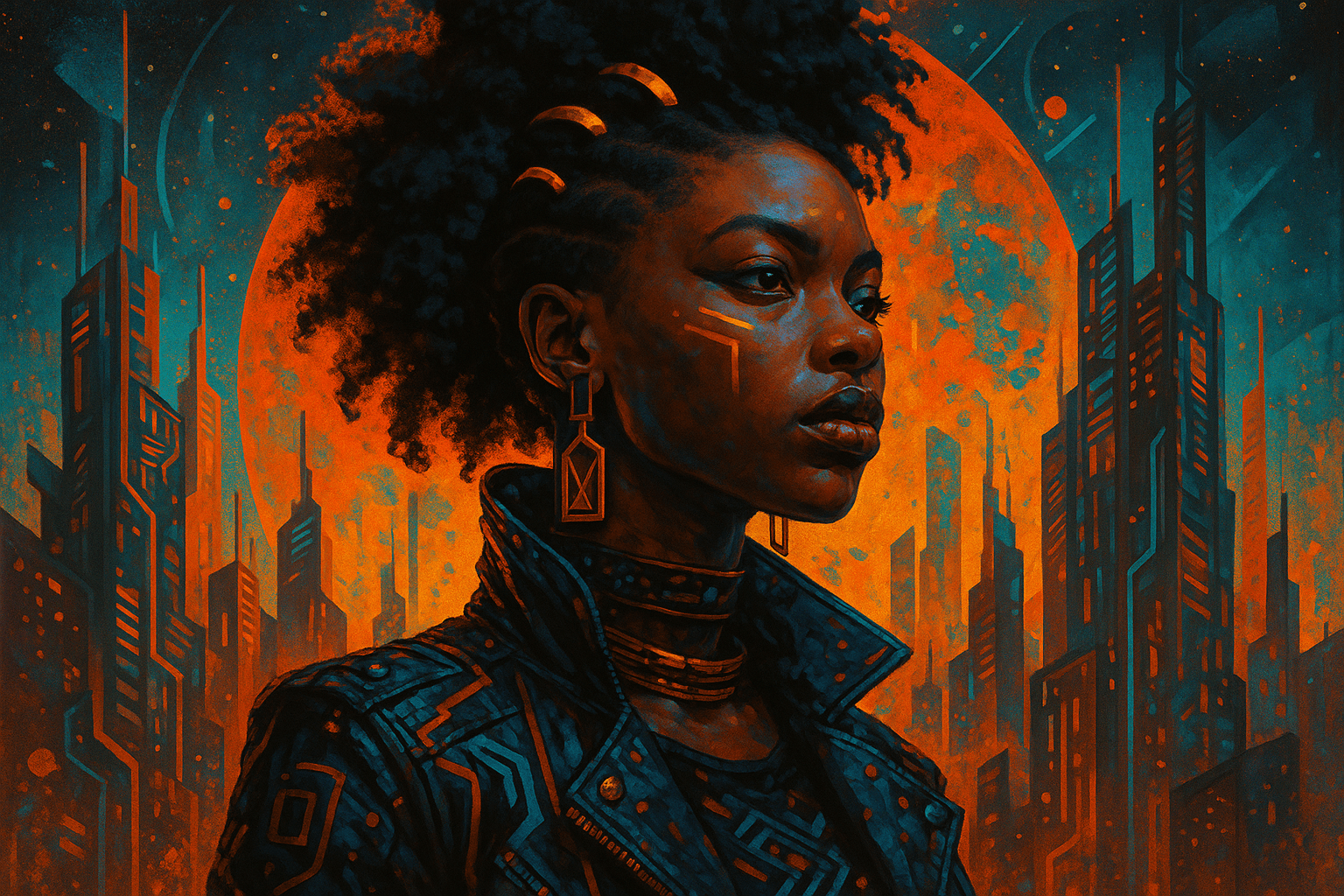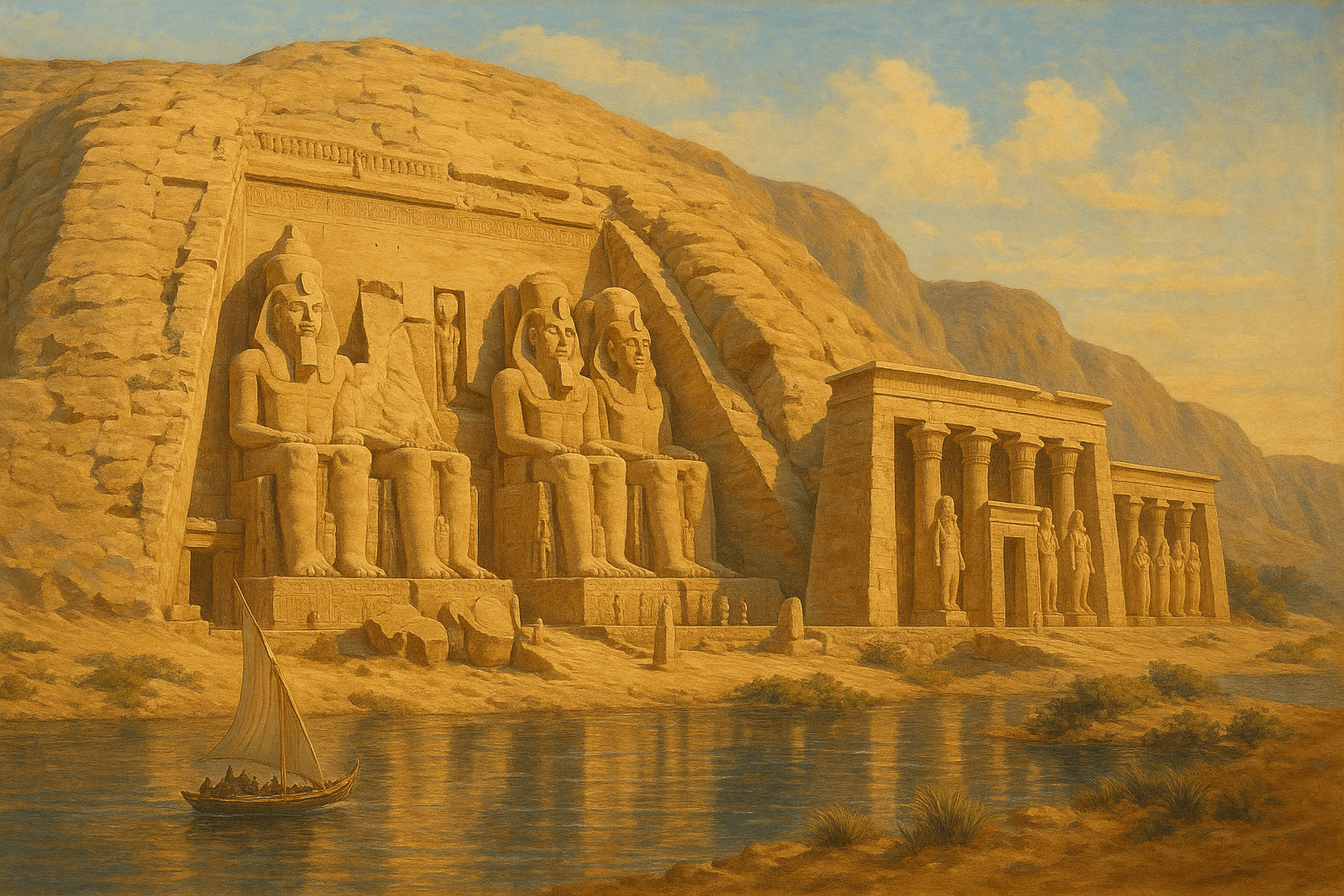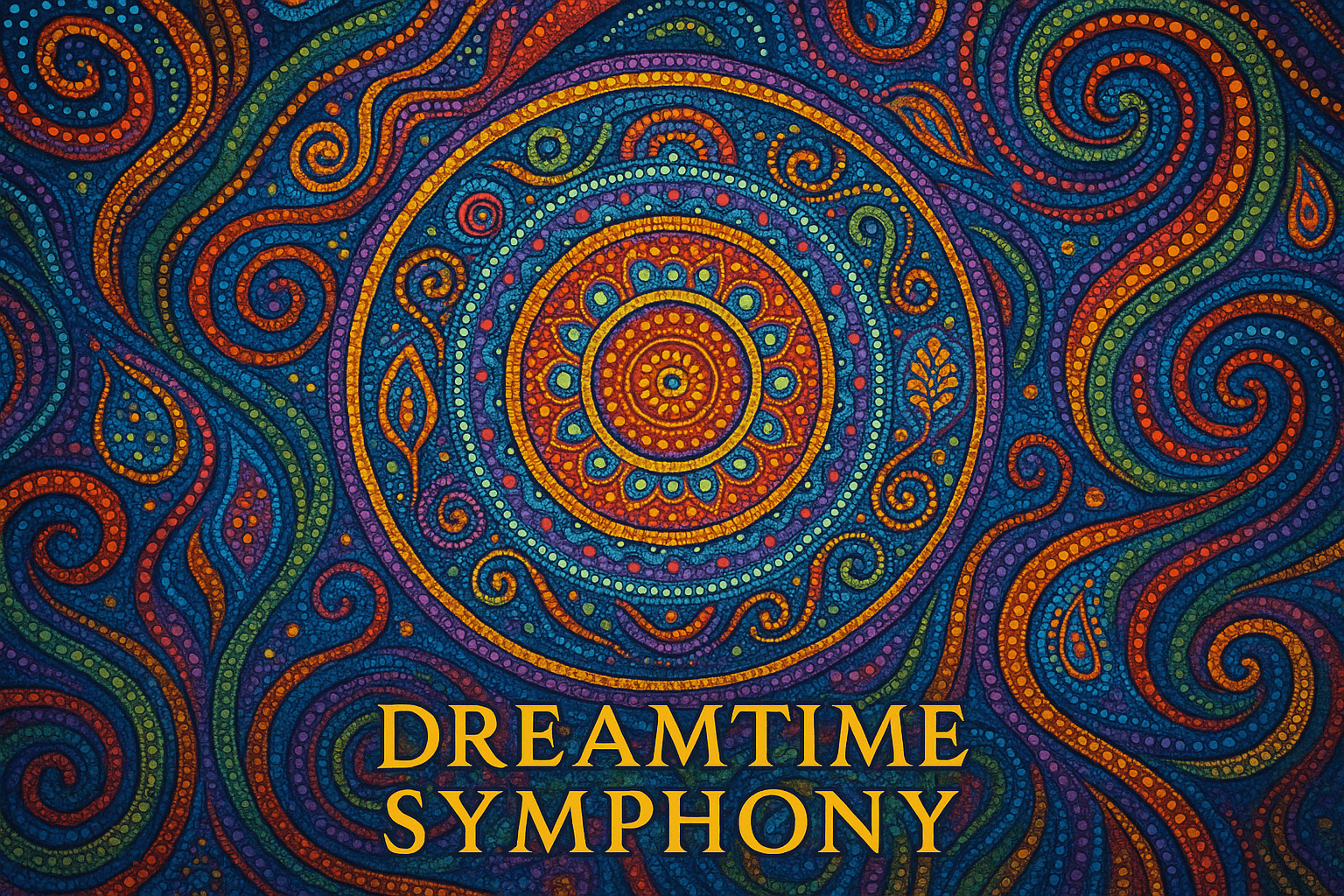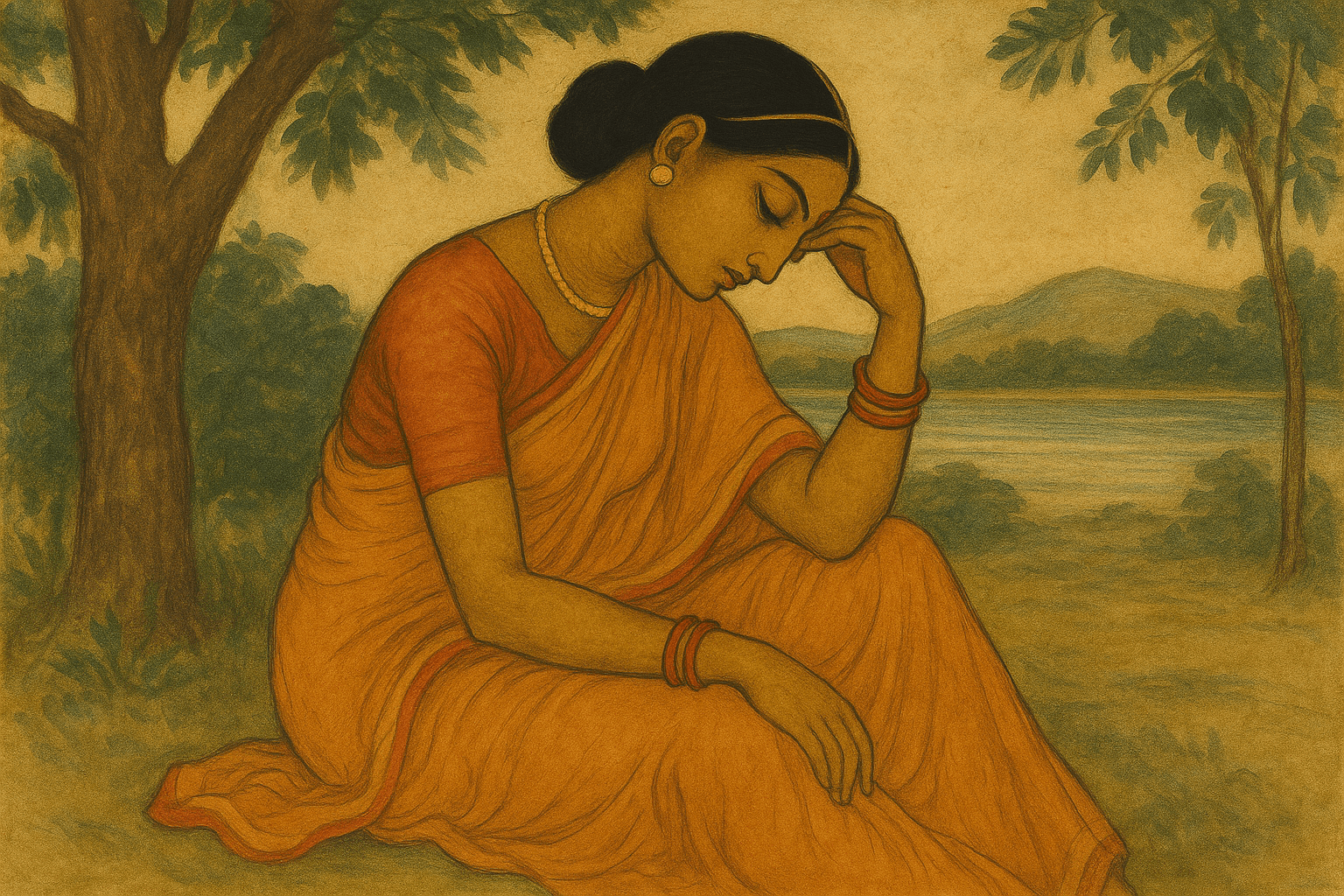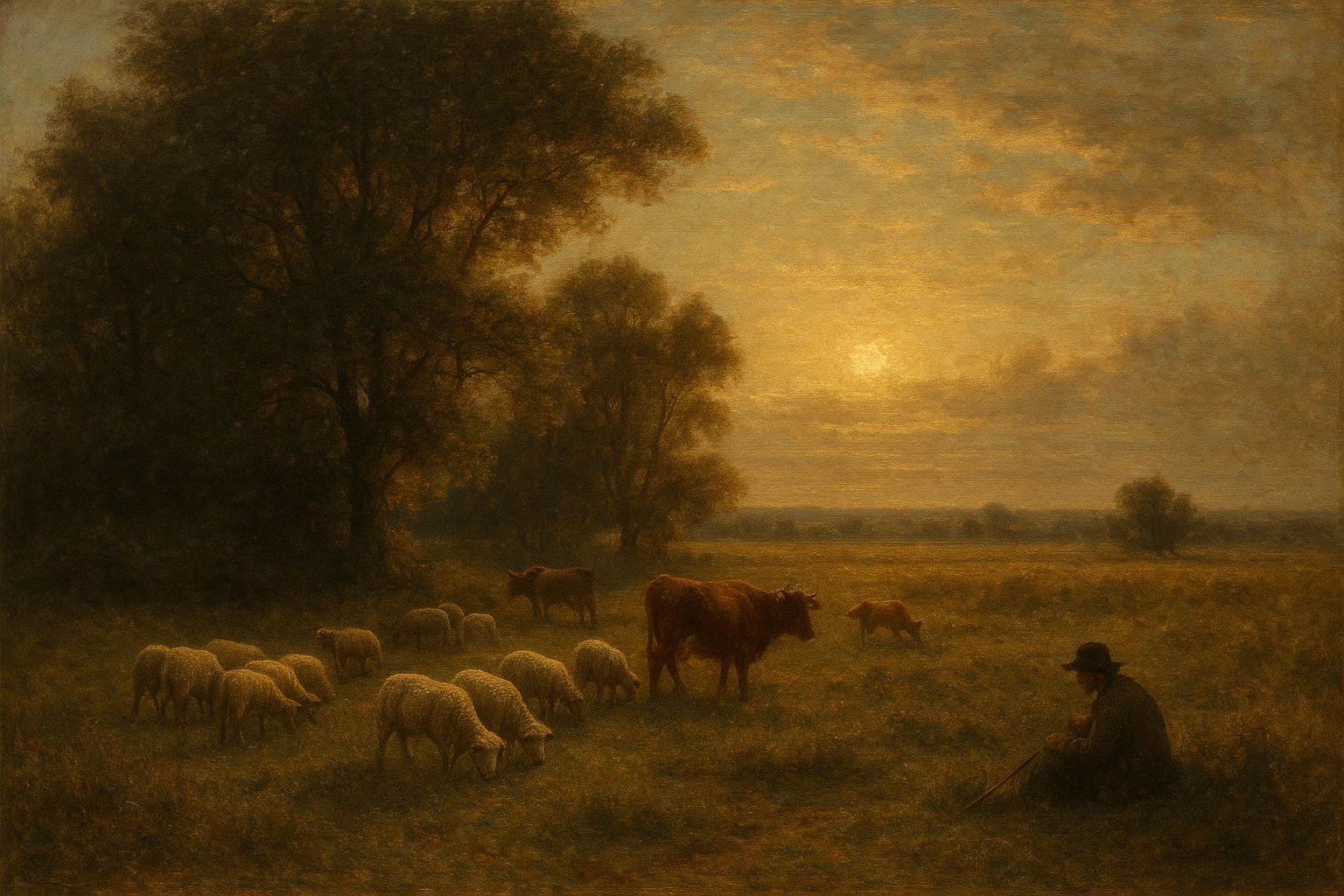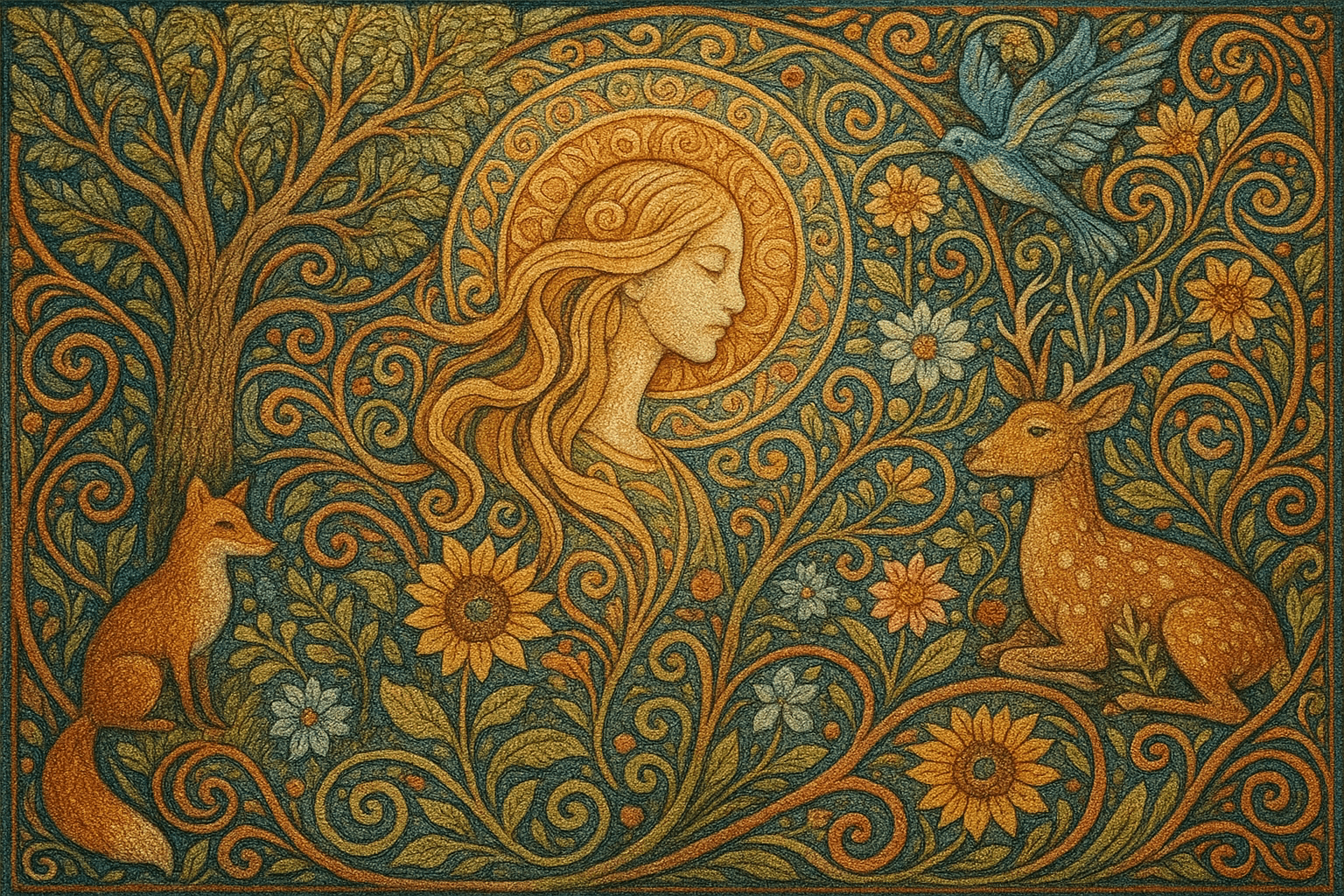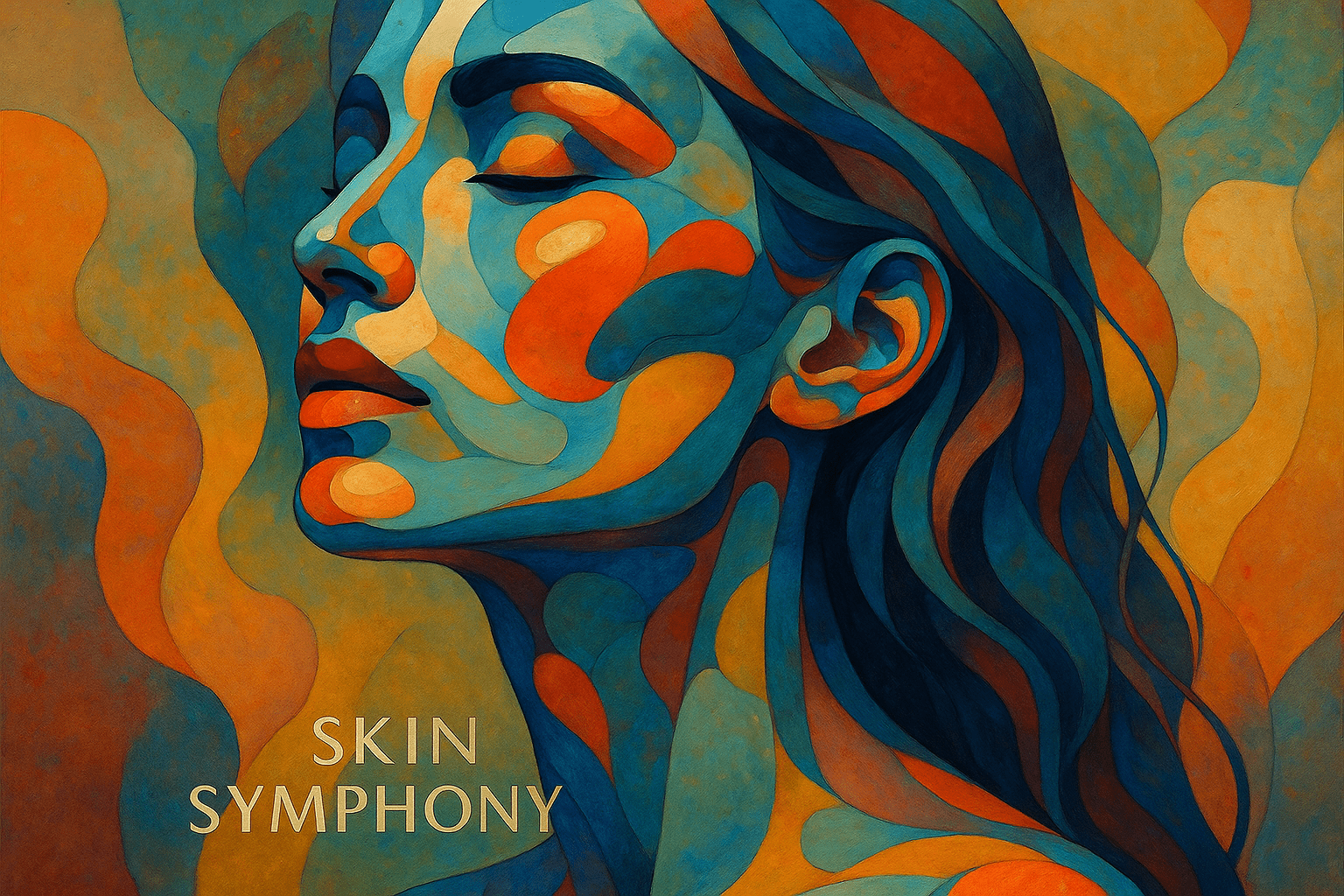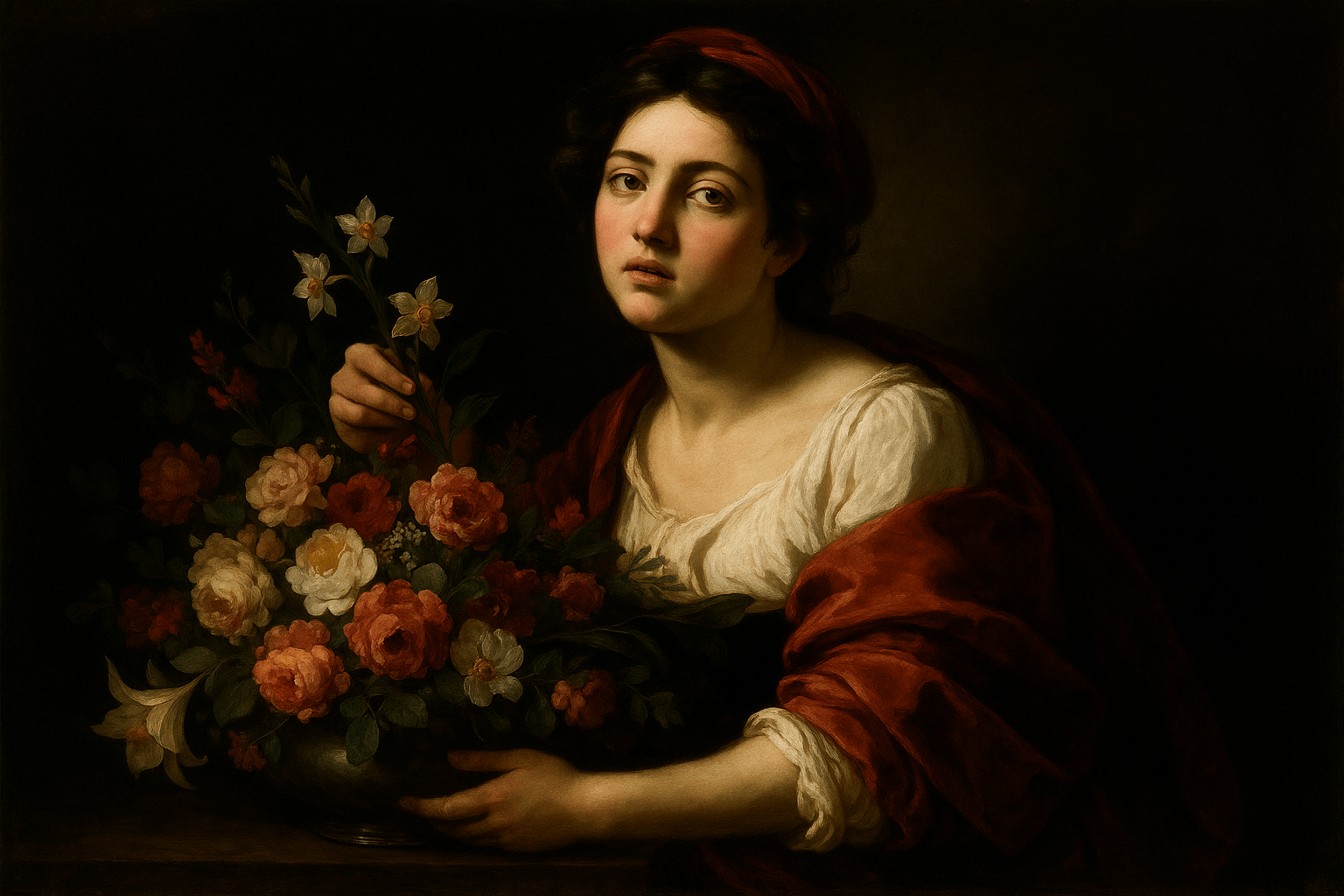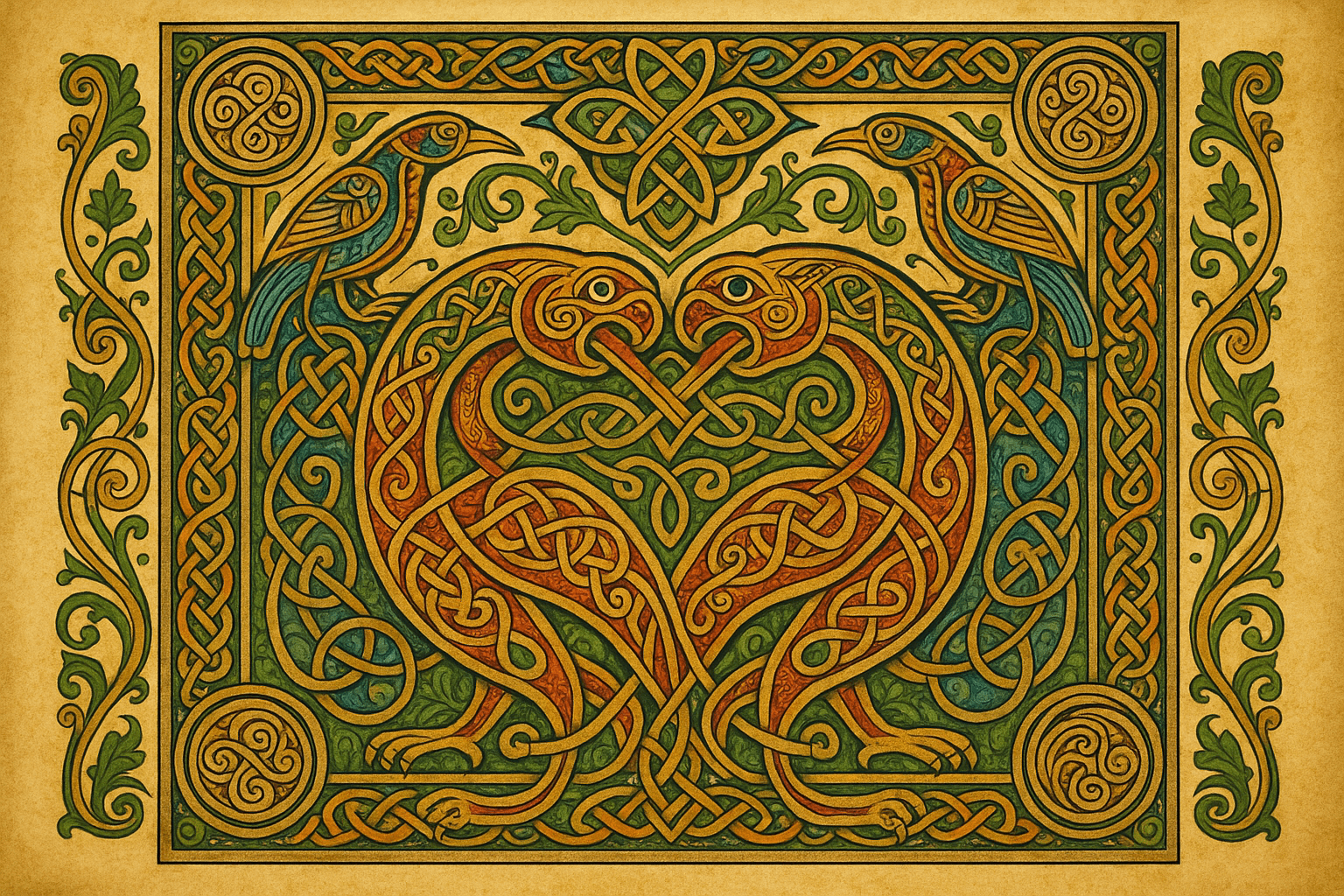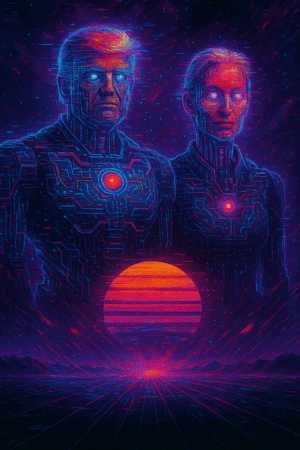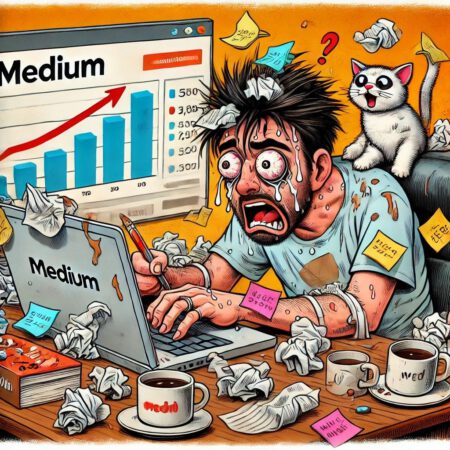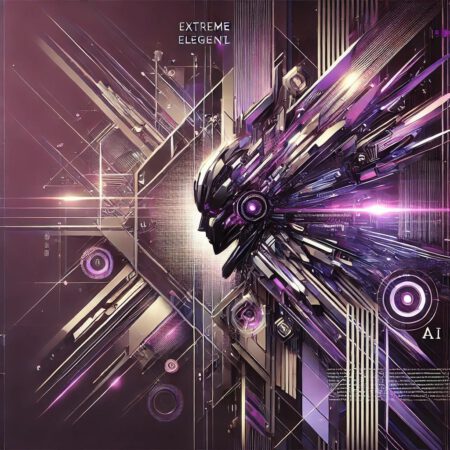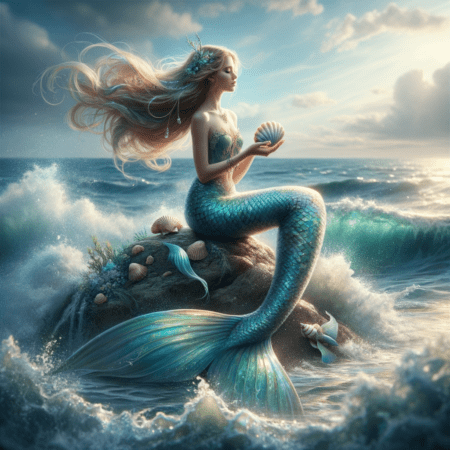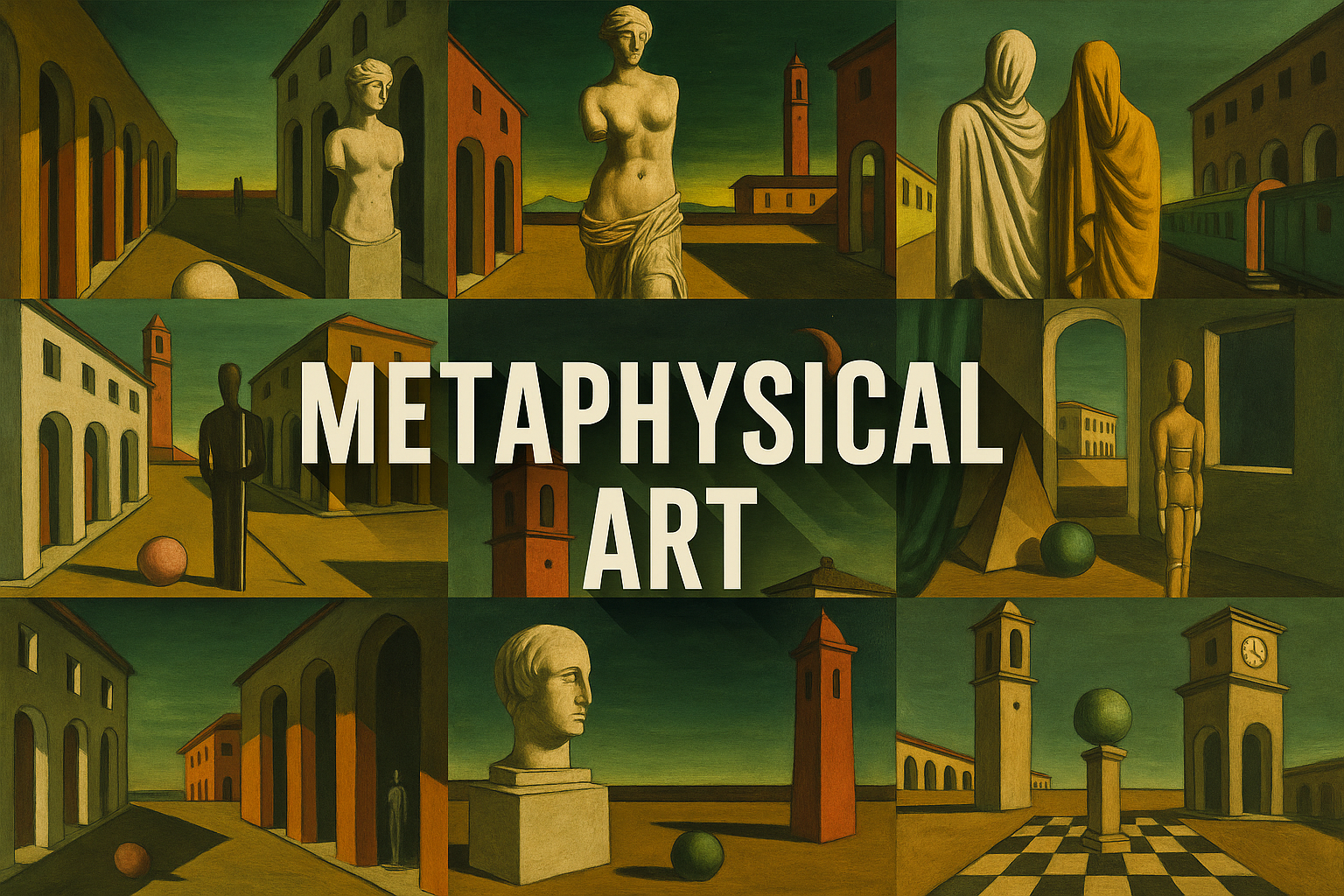
Metaphysical Art
The visual appearance of Metaphysical Art is characterized by its use of bright colors and bold patterns. This art style is often associated with the work of the Italian artist Giorgio de Chirico, who was a leading figure in the Metaphysical Art movement. De Chirico’s paintings often feature strange, dreamlike scenes with enigmatic figures and objects.
AOI thinking about Metaphysical Art [+_~]-/
Overview and Quickfacts
Metaphysical Art is a term used to describe a type of painting that emerged in the early 20th century. Metaphysical artists sought to depict the hidden reality behind appearances, often through the use of symbols and allegory. The style is characterized by its use of unexpected juxtapositions, and its ability to evoke a sense of mystery and wonder.
Can understand it also, as:
Abstract art, non-representational art, art for art’s sake
Categorize it as:
Impressionism, Modernism
.: Dreaming :.
holds a HAIKU for the art style
:. Thought is power .:
Detailed Description
Metaphysical art is a type of art that is based on the belief that there is more to reality than what we can see and touch. This type of art often includes elements that are not easily seen or understood, such as energy, spirit, and emotions. Metaphysical art is often used as a way to connect with the unseen world, and to explore the hidden depths of our own minds. Famous metaphysical artists include Salvador Dali, Max Ernst, and RenÃÂé Magritte. These artists often used surrealist techniques to create their work, which helped to create an atmosphere of mystery and intrigue. Many of their paintings explore the theme of dreams and the subconscious mind, as well as the nature of reality itself. One of the most famous examples of metaphysical art is Salvador Dali’s painting “The Persistence of Memory.” This painting features melting clocks, which Dali said represented the fluid nature of time. The painting also includes ants, which Dali said were a symbol of death. The overall effect of the painting is one of dreamlike confusion, which perfectly encapsulates the metaphysical experience. If you’re interested in exploring the world of metaphysical art, there are plenty of resources available online. You can start by doing a search for “metaphysical art” or “surrealist art.” You can also check out books on the subject, such as “The Metaphysical Art of Salvador Dali” by Michael R. Taylor.
.. beep, beep, beep ..
<START OF TRANSMISSION>
1. Metaphysical art is a genre of art that explores the nature of reality. 2. Metaphysical art often uses symbols and allegories to communicate its ideas. 3. Metaphysical art is often associated with the philosophy of idealism. 4. Metaphysical art often explores the relationship between mind and matter. 5. Metaphysical art often uses abstraction to communicate its ideas. 6. Metaphysical art is often associated with the philosophy of mysticism. 7. Metaphysical art often explores the nature of the soul. 8. Metaphysical art often uses symbolism to communicate its ideas. 9. Metaphysical art is often associated with the philosophy of pantheism. 10. Metaphysical art often explores the nature of God. 11. Metaphysical art often uses metaphor to communicate its ideas. 12. Metaphysical art is often associated with the philosophy of transcendentalism. 13. Metaphysical art often explores the nature of the universe. 14. Metaphysical art often uses irony to communicate its ideas. 15. Metaphysical art is often associated with the philosophy of existentialism. 16. Metaphysical art often explores the human condition. 17. Metaphysical art often uses satire to communicate its ideas. 18. Metaphysical art is often associated with the philosophy of nihilism. 19. Metaphysical art often explores the meaning of life. 20. Metaphysical art often uses absurdism to communicate its ideas.
<EOF>
.. robbel bob
Visual Examples from our image gallery
Coming soon, we are so slow .. might never come
Artists, Paintings, and more
(be aware, can be highly speculative)
Artists (be aware, speculation possible):
1. Giorgio de Chirico (1888-1978) 2. Carlo CarrÃÂà(1881-1966) 3. Filippo Tommaso Marinetti (1876-1944) 4. Umberto Boccioni (1882-1916) 5. Giacomo Balla (1871-1958) 6. Piet Mondrian (1872-1944) 7. Kazimir Malevich (1879-1935) 8. Lyubov Popova (1889-1924) 9. Alexander Rodchenko (1891-1956) 10. Vladimir Tatlin (1885-1953) 11. El Lissitzky (1890-1941) 12. Hannah HÃÂöch (1889-1978) 13. John Heartfield (1891-1968) 14. George Grosz (1893-1959) 15. Otto Dix (1891-1969) 16. Max Beckmann (1884-1950) 17. RenÃÂé Magritte (1898-1967) 18. Salvador DalÃÂà(1904-1989) 19. RenÃÂé Magritte (1898-1967) 20. Max Ernst (1891-1976) 21. Paul Delvaux (1897-1994) 22. Yves Tanguy (1900-1955) 23. Dorothea Tanning (1910-2012) 24. Leonora Carrington (1917-2011) 25. Ithell Colquhoun (1906-1988) 26. Kay Sage (1898-1963) 27. Dorothea Tanning (1910-2012) 28. Leonora Carrington (1917-2011) 29. Ithell Colquhoun (1906-1988) 30. Kay Sage (1898-1963)
Artworks (be aware, speculation possible)
1. The Persistence of Memory ÃÂàSalvador Dali (1931) 2. The Treachery of Images ÃÂàRenÃÂé Magritte (1928-9) 3. Nude Descending a Staircase, No. 2 ÃÂàMarcel Duchamp (1912) 4. The Cabinet of Dr. Caligari ÃÂàRobert Wiene (1920) 5. The Scream ÃÂàEdvard Munch (1893) 6. The Kiss ÃÂàGustav Klimt (1908) 7. The Great Wave off Kanagawa ÃÂàKatsushika Hokusai (1829-32) 8. The Starry Night ÃÂàVincent van Gogh (1889) 9. The Birth of Venus ÃÂàSandro Botticelli (c. 1486) 10. The Hay Wagon ÃÂàPieter Bruegel the Elder (1565) 11. The Garden of Earthly Delights ÃÂàHieronymus Bosch (c. 1490-1510) 12. The Nightmare ÃÂàHenry Fuseli (1781) 13. Ophelia ÃÂàJohn Everett Millais (1851-2) 14. The Sistine Chapel Ceiling ÃÂàMichelangelo (1512) 15. The Last Supper ÃÂàLeonardo da Vinci (1498) 16. The Creation of Adam ÃÂàMichelangelo (1512) 17. The Madonna and Child ÃÂàLeonardo da Vinci (1472) 18. The Mona Lisa ÃÂàLeonardo da Vinci (1503-6) 19. The Vitruvian Man ÃÂàLeonardo da Vinci (c. 1490) 20. The School of Athens ÃÂàRaphael (1509-11) 21. The Battle of Alexander at Issus ÃÂàAlbrecht Altdorfer (1529) 22. The Ghent Altarpiece ÃÂàJan van Eyck (1432) 23. The Arnolfini Portrait ÃÂàJan van Eyck (1434) 24. Portrait of a Man in a Turban ÃÂàJan van Eyck (1433) 25. The Adoration of the Magi ÃÂàGiotto (1305-6) 26. The Annunciation ÃÂàLeonardo da Vinci (1472) 27. The Baptism of Christ ÃÂàPiero della Francesca (1448-9) 28. The Entombment ÃÂàMichelangelo (1500) 29. The Last Judgement ÃÂàMichelangelo (1536-41) 30. The Third of May 1808 ÃÂàFrancisco Goya (1814)
Epoch
The Metaphysical Art movement began in the early 20th century.
AI ART RESSOURCES (AKA, well Tools)
Helping tools -> predefined search links on other pages:
